There is no safe threshold for drinking alcohol or beer.
According to the Department of Preventive Medicine ( Ministry of Health ), there is no safe level of drinking for alcoholic beverages such as wine and beer. Scientific evidence shows that drinking even a very small amount of wine and beer can cause health risks and consequences.
The risks of drinking alcohol depend on the age, gender and other biological characteristics of the drinker as well as the circumstances and manner of drinking.
The classification of risk levels is relative. The risk to health increases significantly if a person drinks more than 2 units of alcohol per day and more than 5 days a week.

Do not use caffeinated drinks to "sober up" from alcohol.
Especially do not use alcohol or beer when driving a motor vehicle, operating machinery; pregnant or breastfeeding women and in some cases using medication.
Note about the use of alcohol and beer, an expert from the Institute of Nutrition noted that to protect health, you should not drink alcohol and beer. If you drink, you should consider and pay attention to how you drink to limit the impact on your health.
Do not drink alcohol with carbonated drinks (soda, beer) because the carbonation increases the absorption of alcohol into the blood.
After drinking alcohol, you should also avoid drinks containing caffeine (coffee and tea), as they can increase the effects of intoxication.
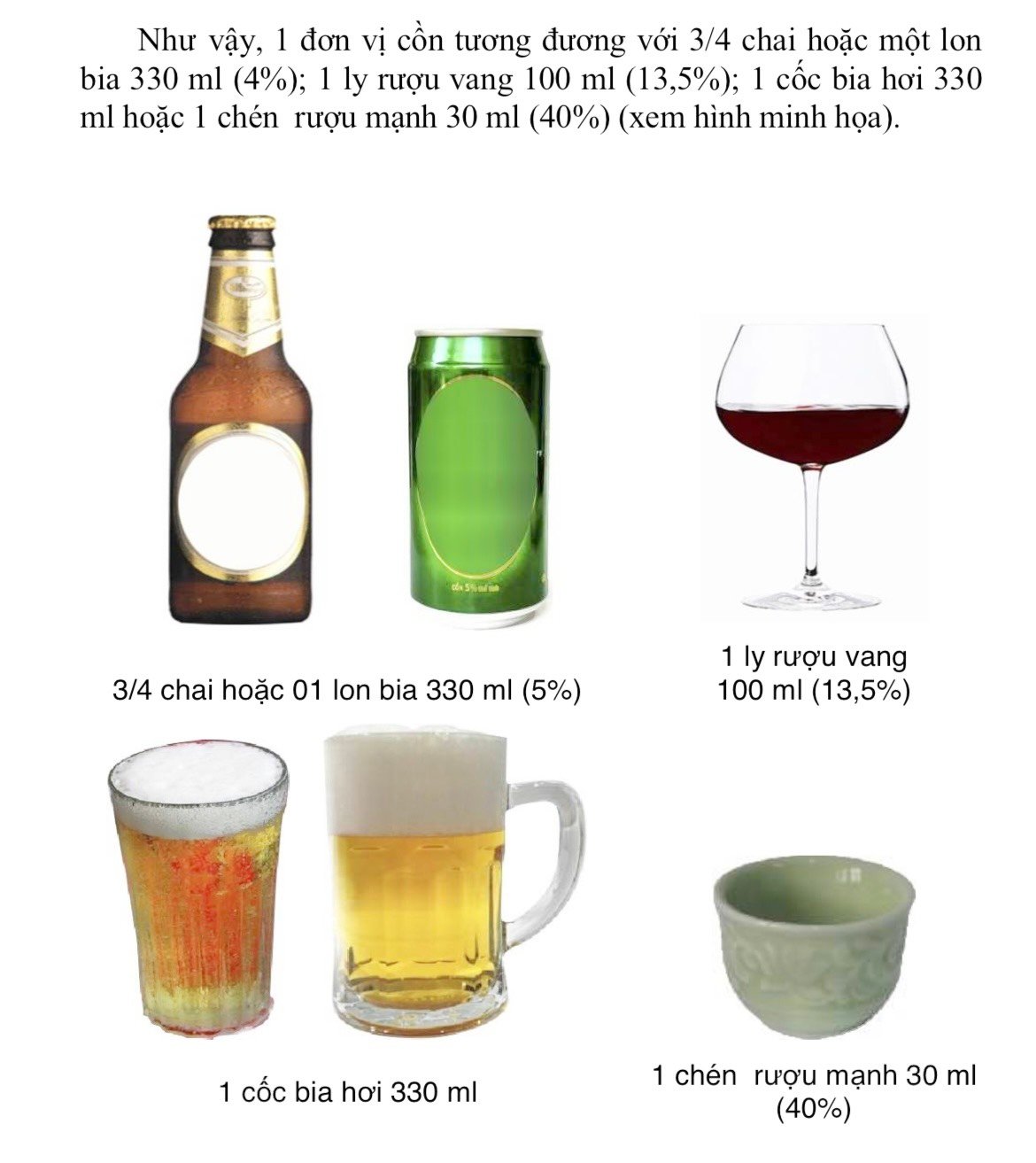
Do not drink alcohol to protect your health. If you drink, drink properly and use it sparingly.
This is because alcohol is a depressant that slows down brain activity and impairs the ability to walk, communicate, and think. Caffeine is a stimulant that increases blood pressure, heart rate, and in some cases, causes rapid heartbeat and irregular heartbeat.
" Caffeine can cause restlessness and agitation. Using caffeine to "stay awake" when drinking alcohol is a mistake. Because drinking alcohol and caffeine at the same time does not neutralize the inhibitory and stimulant effects, on the contrary, it increases the health risk due to "toxic shock" syndrome, nutritionists note.
Drink plenty of water and avoid drinking different types of alcohol.
In addition, the Poison Control Center, Bach Mai Hospital also recommends not drinking many types of wine and beer at the same time because each type has different ingredients and alcohol (ethanol) dosage. When mixed, it overloads the liver, making it easy to get drunk (alcohol poisoning) because most of the alcohol entering the body is metabolized in the liver.
According to the Institute of Nutrition, to protect your health, you should not drink alcohol or beer. If you drink, you should consider and drink properly to limit the impact on your health.
You should drink plenty of water when consuming alcoholic beverages because water will help break down the alcohol structure, reducing the level of intoxication. You should drink enough water to avoid dehydration. You can drink water before, during and after drinking alcohol.
Drinking alcohol slowly is also a way to reduce drunkenness, reduce irritation of the oral and stomach mucosa, and give the liver time to oxidize alcohol, reducing the risk of drunkenness and alcohol poisoning.
You should not drink alcohol on an empty stomach because drinking alcohol on an empty stomach causes the alcohol to combine with gastric juice, increasing the possibility of stomach irritation, leading to stomach ulcers and stomach bleeding.
Do not drink alcohol; there is no safe level of alcohol consumption. If you drink, limit your intake and be mindful of how you drink to reduce the harmful effects.
Before drinking alcohol, you should drink water, fruit juice or soup, broth and food, especially green vegetables to dilute the alcohol concentration of the alcohol, reducing stomach irritation. You should eat foods high in protein when drinking alcohol to slow down the absorption of alcohol into the blood.
(Department of Preventive Medicine , Institute of Nutrition)
Source link



![[Photo] Fall Fair 2025 and impressive records](https://vphoto.vietnam.vn/thumb/1200x675/vietnam/resource/IMAGE/2025/11/03/1762180761230_ndo_br_tk-hcmt-15-jpg.webp)
![[Photo] Prime Minister Pham Minh Chinh receives the Chairman of the Japan-Vietnam Friendship Association in the Kansai region](https://vphoto.vietnam.vn/thumb/1200x675/vietnam/resource/IMAGE/2025/11/03/1762176259003_ndo_br_dsc-9224-jpg.webp)
![[Photo] General Secretary To Lam receives Singaporean Ambassador Jaya Ratnam](https://vphoto.vietnam.vn/thumb/1200x675/vietnam/resource/IMAGE/2025/11/03/1762171461424_a1-bnd-5309-9100-jpg.webp)

![[Photo] Lam Dong: Close-up of illegal lake with broken wall](https://vphoto.vietnam.vn/thumb/1200x675/vietnam/resource/IMAGE/2025/11/03/1762166057849_a5018a8dcbd5478b1ec4-jpg.webp)
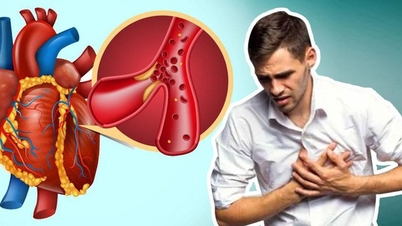







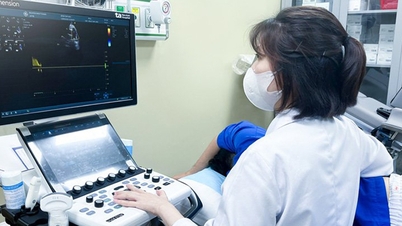




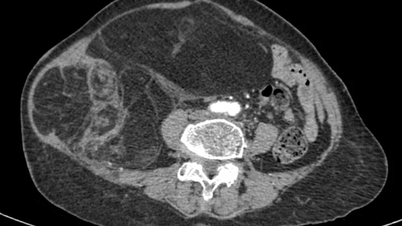


































































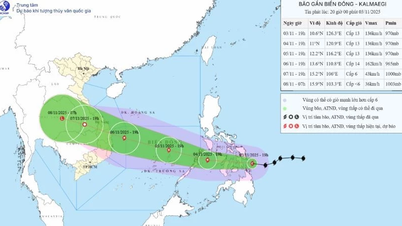






















Comment (0)